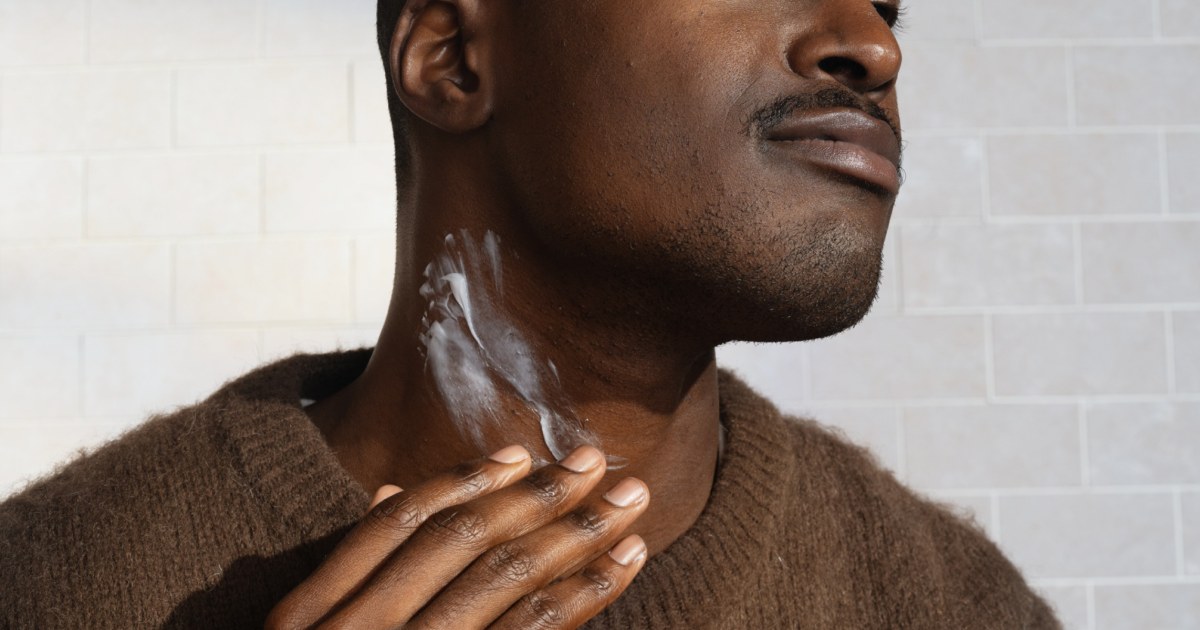
Title: The Importance of Wearing Sunscreen Indoors and Outdoors: A Comprehensive Guide
Lead: The common belief that sunscreen is only necessary when spending time outdoors is a misconception. Dermatologists reveal the hidden dangers of UVA, UVB, and blue light exposure indoors and emphasize the importance of wearing sunscreen daily.
Paragraph 1: Indoor Sun Exposure and Its Risks Indoor environments may not be as protective as we think when it comes to sun exposure. Dermatologists warn that UVA, UVB, and blue light can penetrate through windows and harm our skin even while we're indoors.
Fact 1: UVA and UVB rays can pass through glass. Fact 2: Blue light emitted from digital screens impacts skin health. Fact 3: Skin is vulnerable to UVA rays inside a car.
Paragraph 2: The Role of Sunscreen in Protecting Our Skin Sunscreen plays a crucial role in shielding our skin from the sun's harmful effects. Mineral sunscreens, which contain zinc oxide and/or titanium oxide, create a physical barrier against UVA, UVB rays, and blue light.
Fact 4: Mineral sunscreens use physical blockers that sit on top of the skin. Fact 5: Chemical sunscreens absorb into the skin and convert UV radiation to heat.
Paragraph 3: Proper Application and Importance of Sunscreen in Daily Life To ensure optimal protection, it's essential to apply sunscreen daily, even when indoors. One adult requires one ounce or a shot glass full of sunscreen for full-body application.
Fact 6: Apply sunscreen before going outside. Fact 7: Sunscreen needs to be reapplied every two hours, or sooner if sweating or getting wet. Fact 8: Check the expiration date of sunscreen before use as it loses efficacy past that point.
Conclusion: In conclusion, understanding the importance of wearing sunscreen indoors and outdoors is vital for maintaining healthy skin. By following dermatologists' recommendations and applying proper sunscreen techniques, we can protect ourselves from the harmful effects of UVA, UVB rays, and blue light exposure.

